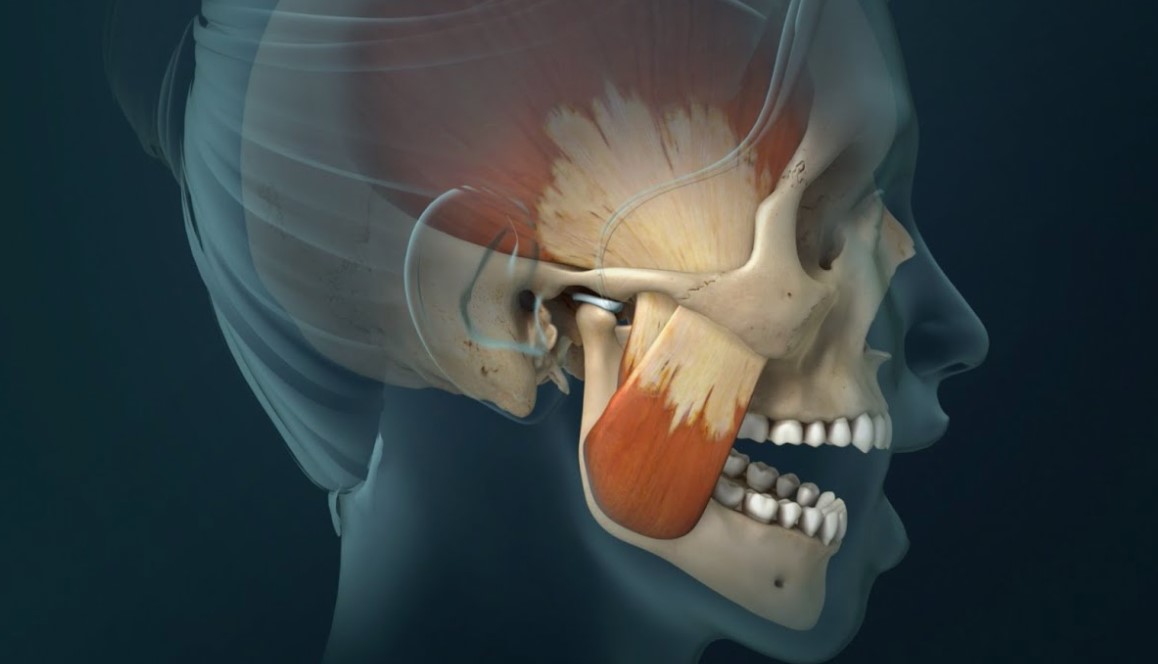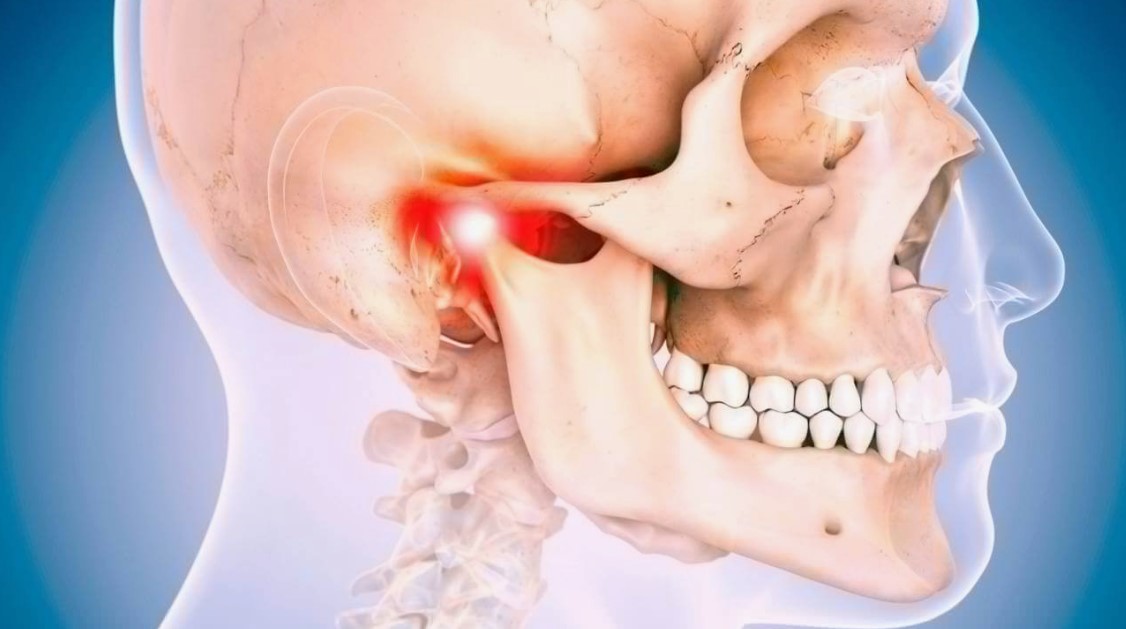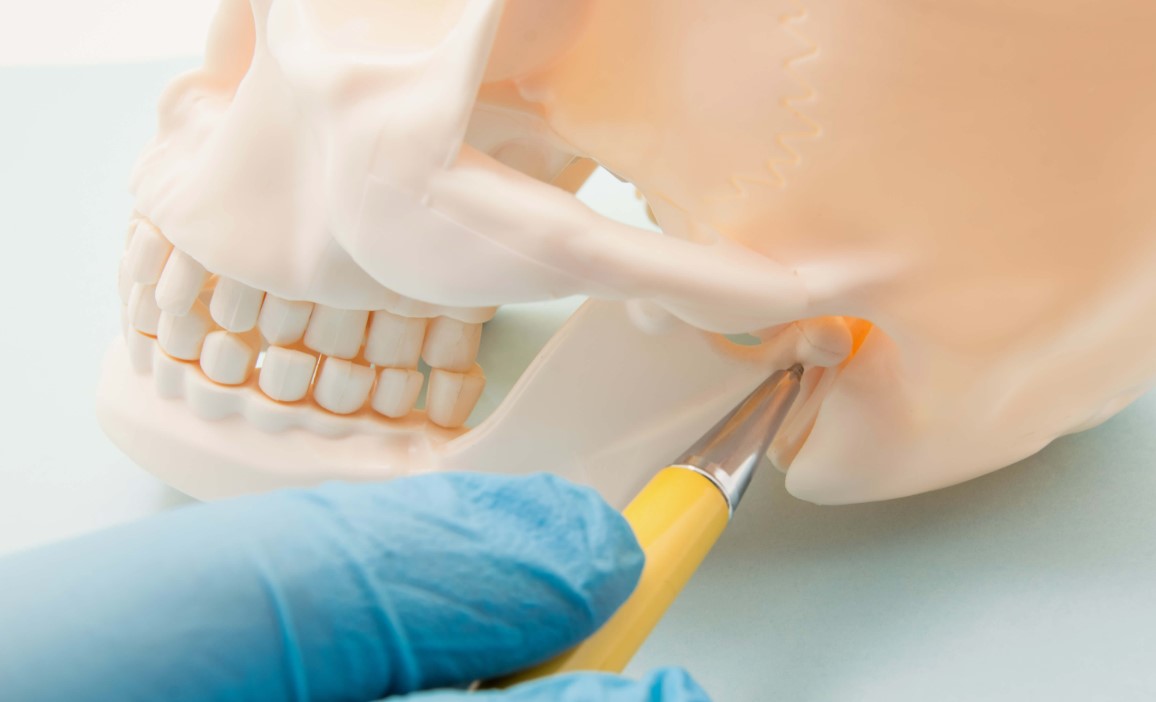Temporomandibular Joint (TMJ) dysfunction is a common yet often overlooked condition affecting the jaw joint and muscles controlling jaw movement. Although typically associated with jaw pain, headaches, and limited movement, TMJ dysfunction can have broader consequences, especially on eating habits and digestive health. This article delves into how TMJ dysfunction impacts these areas, providing valuable insight for individuals dealing with this condition, particularly in Dubai and the UAE region, where modern treatments are available.
Understanding TMJ Dysfunction and Its Symptoms
TMJ dysfunction refers to a range of disorders affecting the jaw joint and surrounding muscles. Symptoms include jaw pain, limited movement, clicking or popping sounds, and headaches. These can significantly impair an individual’s ability to chew and consume food. When left untreated, TMJ dysfunction may worsen, leading to more severe issues related to food intake and digestion. Understanding the root causes and symptoms is crucial for early intervention and managing its effects on overall health.
The Link Between TMJ Dysfunction and Eating Habits
When TMJ dysfunction affects jaw movement, it can make chewing difficult and painful. This often forces individuals to modify their diets, avoiding hard or chewy foods that exacerbate jaw discomfort. Many people suffering from TMJ dysfunction resort to softer, less nutritious foods like mashed potatoes, soups, and smoothies. While these choices may reduce pain, they can lead to a lack of essential nutrients over time. In the UAE, where diverse cuisine plays a significant role in daily life, the limitations caused by TMJ dysfunction can impact the overall eating experience.

The Impact on Chewing and Swallowing
Chewing is the first step in the digestive process, breaking down food into smaller particles and mixing it with saliva to aid digestion. When TMJ dysfunction impairs this process, individuals may swallow larger, inadequately chewed food, which is harder for the digestive system to process. This incomplete breakdown of food can lead to issues such as indigestion, bloating, and heartburn. Over time, these problems can affect nutrient absorption, leading to deficiencies that may further impact an individual’s health.
Effects on Nutrient Absorption
Because TMJ dysfunction alters eating habits and chewing efficiency, it can indirectly affect nutrient absorption. Larger food particles are more difficult for the stomach and intestines to digest, slowing down the overall digestive process. Inadequately broken-down food limits the body’s ability to extract essential nutrients like vitamins, minerals, and fiber. This can lead to deficiencies over time, contributing to fatigue, weakened immune function, and overall poor health. In regions like Dubai, where a balanced diet is crucial for maintaining health in the hot climate, poor nutrient absorption may have even more profound consequences.
Digestive Problems Associated with TMJ Dysfunction
Improper chewing due to TMJ dysfunction can cause a ripple effect on digestion. Common digestive problems experienced by those with TMJ dysfunction include acid reflux, bloating, constipation, and even irritable bowel syndrome (IBS). When food is not adequately broken down, it puts a strain on the stomach’s digestive enzymes and acids, often leading to these uncomfortable symptoms. In the UAE, where rich, spicy foods are a staple, such digestive issues may be amplified, making it even more important for individuals to manage their TMJ dysfunction effectively.
The Psychological Impact of Eating Challenges
The limitations that TMJ dysfunction places on eating habits can also have a psychological effect. Eating is a social activity, and in Dubai’s diverse culture, meals are often shared with family and friends. Individuals with TMJ dysfunction may feel embarrassed or anxious about eating in social settings, where their dietary restrictions and discomfort become more apparent. Over time, this can lead to social isolation, anxiety, and even depression. It’s important for healthcare providers to address these psychological aspects when treating patients for TMJ dysfunction.
The Role of Stress in TMJ Dysfunction and Digestion
Stress is known to exacerbate both TMJ dysfunction and digestive issues. When an individual is stressed, they may clench their jaw or grind their teeth, worsening TMJ symptoms. Additionally, stress affects the digestive system by slowing down digestion or causing symptoms like stomach pain and bloating. In Dubai, where high-paced living is common, managing stress is a crucial part of treating TMJ dysfunction and maintaining digestive health. Healthcare professionals often recommend stress-reduction techniques such as mindfulness and relaxation exercises, which can help alleviate both TMJ and digestive symptoms.

Professional Treatments for TMJ Dysfunction
Managing TMJ dysfunction requires a multifaceted approach, often involving a combination of lifestyle adjustments and professional treatments. In Dubai, a range of healthcare options is available, including physical therapy, orthodontic solutions, and even minimally invasive procedures like Botox injections to relieve muscle tension. For those experiencing severe symptoms, surgical interventions may be necessary. Clinics such as Dr Antoine oral and maxillofacial surgery offer advanced treatment options tailored to individual needs, helping patients regain normal jaw function and improve their overall quality of life.
Dietary Adjustments for TMJ Dysfunction
One of the most immediate ways to manage TMJ dysfunction is through dietary adjustments. Soft foods that require minimal chewing, such as oatmeal, yogurt, and cooked vegetables, can help ease discomfort while still providing essential nutrients. Incorporating high-protein smoothies, broths, and nutrient-dense soups can prevent nutritional deficiencies. Additionally, it’s crucial to avoid foods that strain the jaw, such as nuts, raw vegetables, and sticky sweets. Individuals should also be mindful of hydration, as staying well-hydrated can aid digestion and reduce inflammation around the jaw joint.
The Importance of Early Intervention
Addressing TMJ dysfunction early is critical to preventing long-term issues with eating habits and digestive health. Early diagnosis and treatment can mitigate the impact on daily life, allowing individuals to maintain a balanced diet and proper digestion. In Dubai and the UAE, access to modern healthcare services enables early intervention and personalized treatment plans. Healthcare providers recommend regular dental check-ups, stress management techniques, and seeking professional advice at the first sign of TMJ-related symptoms to prevent more severe complications.
Conclusion
An individual’s digestive health and eating patterns can be significantly affected by TMJ dysfunction. The condition impacts a variety of daily activities, including nutrient deficiencies, digestive issues, and impaired chewing and ingesting. In regions such as Dubai and the UAE, where food is a fundamental cultural element, it is essential to manage these symptoms in order to maintain a healthy lifestyle. Individuals can substantially mitigate the detrimental effects of TMJ dysfunction on their health by employing an appropriate combination of professional treatments, dietary modifications, and early intervention.

Skier, follower of Christ, guitarist, Saul Bass fan and holistic designer. Producing at the junction of art and sustainability to craft meaningful ideas that endure. I prefer clear logic to decoration.
